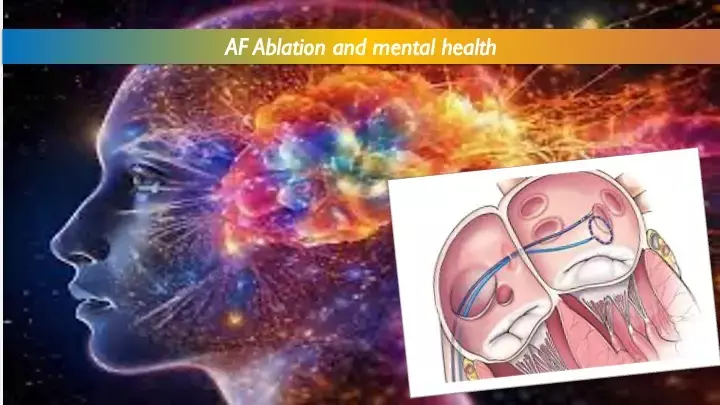- Home
- Medical news & Guidelines
- Anesthesiology
- Cardiology and CTVS
- Critical Care
- Dentistry
- Dermatology
- Diabetes and Endocrinology
- ENT
- Gastroenterology
- Medicine
- Nephrology
- Neurology
- Obstretics-Gynaecology
- Oncology
- Ophthalmology
- Orthopaedics
- Pediatrics-Neonatology
- Psychiatry
- Pulmonology
- Radiology
- Surgery
- Urology
- Laboratory Medicine
- Diet
- Nursing
- Paramedical
- Physiotherapy
- Health news
- Fact Check
- Bone Health Fact Check
- Brain Health Fact Check
- Cancer Related Fact Check
- Child Care Fact Check
- Dental and oral health fact check
- Diabetes and metabolic health fact check
- Diet and Nutrition Fact Check
- Eye and ENT Care Fact Check
- Fitness fact check
- Gut health fact check
- Heart health fact check
- Kidney health fact check
- Medical education fact check
- Men's health fact check
- Respiratory fact check
- Skin and hair care fact check
- Vaccine and Immunization fact check
- Women's health fact check
- AYUSH
- State News
- Andaman and Nicobar Islands
- Andhra Pradesh
- Arunachal Pradesh
- Assam
- Bihar
- Chandigarh
- Chattisgarh
- Dadra and Nagar Haveli
- Daman and Diu
- Delhi
- Goa
- Gujarat
- Haryana
- Himachal Pradesh
- Jammu & Kashmir
- Jharkhand
- Karnataka
- Kerala
- Ladakh
- Lakshadweep
- Madhya Pradesh
- Maharashtra
- Manipur
- Meghalaya
- Mizoram
- Nagaland
- Odisha
- Puducherry
- Punjab
- Rajasthan
- Sikkim
- Tamil Nadu
- Telangana
- Tripura
- Uttar Pradesh
- Uttrakhand
- West Bengal
- Medical Education
- Industry
AF ablation improves psychological health of patients besides reducing cardiac symptoms: REMEDIAL trial

Besides improving physical symptoms and arrhythmia burden, AF ablation has favourable impact on mental health and helps alleviate anxiety and depression, as shown by the results of recently published REMEDIAL trial in JAMA Cardiology.
The impact of atrial fibrillation (AF) catheter ablation on mental health outcomes is not well understood. The Randomized Evaluation of the Impact of Catheter Ablation on Psychological Distress in Atrial Fibrillation (REMEDIAL) study was conducted to determine whether AF catheter ablation is associated with greater improvements in markers of psychological distress compared with medical therapy alone.
The study enrolled 100 patients with symptomatic AF, roughly half of whom (49%) had persistent AF. Patients randomized to ablation were treated with radiofrequency catheters, with successful pulmonary vein isolation achieved in all who underwent the procedure.
The primary outcome was Hospital Anxiety and Depression Scale (HADS) score at 12 months. Secondary outcomes included follow-up assessments of prevalence of severe psychological distress (HADS score >15), anxiety HADS score, depression HADS score, and Beck Depression Inventory-II (BDI-II) score. Arrhythmia recurrence and AF burden data were also analyzed.
During the 12-month follow-up period, patients who underwent ablation were significantly less likely than those treated with medical therapy alone to have documented AF on monitoring (47% vs 96%) and had a lower median AF burden (0 vs 15.5%).
Moreover, ablation-treated patients were less likely than controls to be taking an antiarrhythmic drug or a beta-blocker at 12 months.
For the primary endpoint, the mean HADS score at 12 months was significantly lower in the ablation arm, with a difference observed for both the anxiety and depression components.
Secondary outcomes also favored ablation—there was a lower proportion of patients reporting severe psychological distress (10.2% vs 31.9%) as well as a lower mean Beck Depression Inventory-II score and University of Toronto AF symptom severity score.
“The REMEDIAL trial nicely demonstrates what happens when AF symptom burden is reduced: depression and anxiety symptoms concomitantly decrease while measures of quality of life significantly improve, promoting the freedom of patients to engage in physical and social activities,” noted Lurz et al in an accompanying editorial.
It is expected that these results will provide more evidence for patients that AF ablation over the long term can potentially the decreased use of antiarrhythmic drugs, oral anticoagulants, and the reduction in AF burden can lead them to have a better quality of life.
Source: JAMA Cardiology:
1. JAMA. 2023;330(10):925-933. doi:10.1001/jama.2023.14685
2. JAMA. 2023;330(10):919-920. doi:10.1001/jama.2023.6484
MBBS, MD , DM Cardiology
Dr Abhimanyu Uppal completed his M. B. B. S and M. D. in internal medicine from the SMS Medical College in Jaipur. He got selected for D. M. Cardiology course in the prestigious G. B. Pant Institute, New Delhi in 2017. After completing his D. M. Degree he continues to work as Post DM senior resident in G. B. pant hospital. He is actively involved in various research activities of the department and has assisted and performed a multitude of cardiac procedures under the guidance of esteemed faculty of this Institute. He can be contacted at editorial@medicaldialogues.in.
Dr Kamal Kant Kohli-MBBS, DTCD- a chest specialist with more than 30 years of practice and a flair for writing clinical articles, Dr Kamal Kant Kohli joined Medical Dialogues as a Chief Editor of Medical News. Besides writing articles, as an editor, he proofreads and verifies all the medical content published on Medical Dialogues including those coming from journals, studies,medical conferences,guidelines etc. Email: drkohli@medicaldialogues.in. Contact no. 011-43720751


